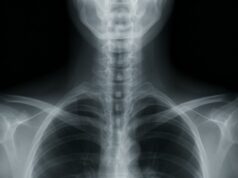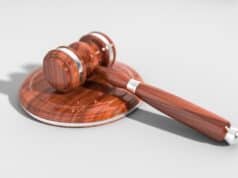
It is difficult to navigate healthcare decisions for a loved one in a nursing home when he or she is unable to speak for himself or herself. A medical power of attorney (POA) is an important legal document that guarantees that key healthcare decisions are made by someone who is legally trusted to act for the resident.
What Defines Medical Power of Attorney?
A medical power of attorney names a certain person, called an agent or healthcare proxy, the authority to make medical decisions for another (the principal) if he or she cannot make such decisions for himself. The document only pertains to healthcare matters, including treatment decisions, medical interventions, and end-of-life care decisions. The agent must act in the best interest and in accordance with the known desires of the principal.
How It Differs from a General Power of Attorney
A medical POA does only entail healthcare decisions and not financial or legal one such as would be the case of a general power of attorney. This limited scope dictates that the agent’s authority is reserved for healthcare situations and excludes financial, property, or other non-medical affairs. This distinction is significant when signing a POA in a nursing home as medical decisions may need to be executed by authorized staff.
Legal Conditions That Trigger Authority
The medical POS usually becomes effective upon a finding that the principal is incapacitated or unable to make competent healthcare decisions. Common triggering events are:
- Medical certification of incapacity by a physician.
- Unconsciousness or severe cognitive impairment.
- Mental illness that affects decision-making capacity.
- Specific conditions stated in the POA document itself.
The details of what is needed vary from state to state, but the majority of states require medical certification of the principal’s inability to make healthcare decisions for himself.
Coordinating With Nursing Home Staff and Policies
Once the POA is activated, the agent must present the legal document to nursing home administrators and medical personnel. Effective coordination involves registering the POA with the facility while ensuring that healthcare providers have copies of the document. Establish lines of communication with nursing personnel and be aware of the policies involving POA agents at the nursing home.
Medical Decisions a POA Agent WIll Be Asked to Make
POA agents are frequently faced with urgent medical decisions. A few of the most frequent decisions include:
- Granting or denying life-sustaining treatment
- Authorizing changing medication or new prescriptions
- Making end-of-life care decisions, such as hospice treatment
- Making emergency medical intervention decisions
All decisions will have to be in accordance with the principal’s previously expressed wishes and values, which will therefore require agents’ extensive information regarding their beloved’s requests.
Endnote
A well-drafted medical power of attorney offers critical protection for nursing home residents who are unable to speak for themselves. This legal instrument ensures that medical decisions are made by a person who knows the resident’s desires and priorities, as well as providing straightforward authority to deal with complicated medical issues.






